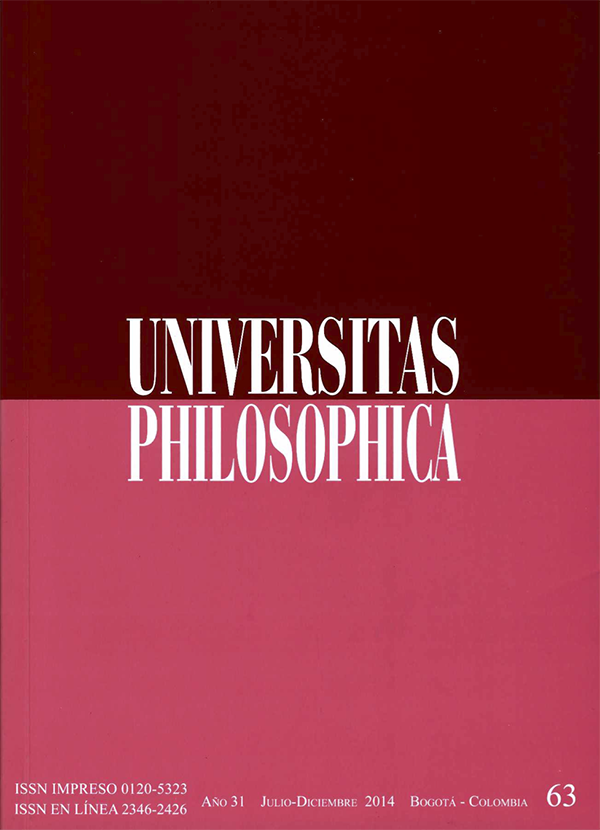Abstract
Interpreters and even the sources of stoicism tend to equate the notions of providence, rationality and natural law. In contrast to this trend, the goal of this article is to analyze these notions in order to identify what is the explanatory role attributed by the Stoics to each one of them. This will provide a better understanding of the Stoic theory of the constitution of the world and the different roles played by the divine mind in it. I will defend that providence is a function of the divine will, related to the goal sought in the constitution of the world. The divine rationality refers to the logical and causal requirements to be observed in this constitution. And the notion of natural law refers to a normative aspect of nature established by the divine right reason.
This journal is registered under a Creative Commons Attribution 4.0 International Public License. Thus, this work may be reproduced, distributed, and publicly shared in digital format, as long as the names of the authors and Pontificia Universidad Javeriana are acknowledged. Others are allowed to quote, adapt, transform, auto-archive, republish, and create based on this material, for any purpose (even commercial ones), provided the authorship is duly acknowledged, a link to the original work is provided, and it is specified if changes have been made. Pontificia Universidad Javeriana does not hold the rights of published works and the authors are solely responsible for the contents of their works; they keep the moral, intellectual, privacy, and publicity rights.
Approving the intervention of the work (review, copy-editing, translation, layout) and the following outreach, are granted through an use license and not through an assignment of rights. This means the journal and Pontificia Universidad Javeriana cannot be held responsible for any ethical malpractice by the authors. As a consequence of the protection granted by the use license, the journal is not required to publish recantations or modify information already published, unless the errata stems from the editorial management process. Publishing contents in this journal does not generate royalties for contributors.


